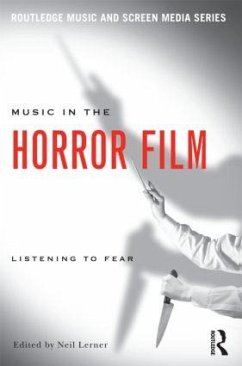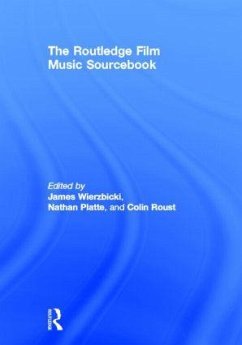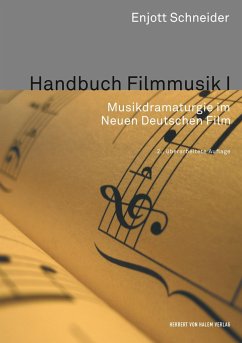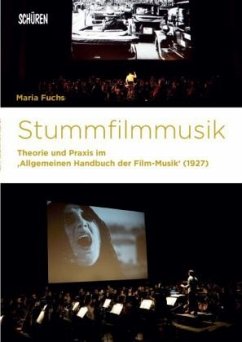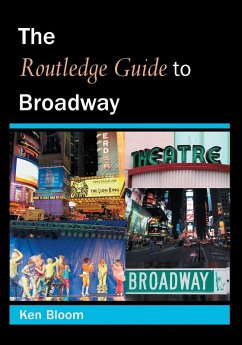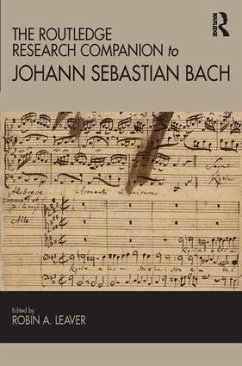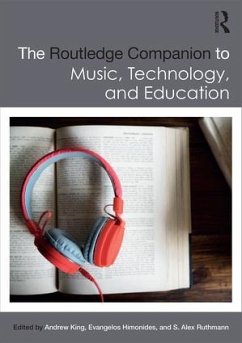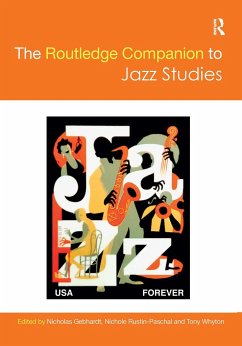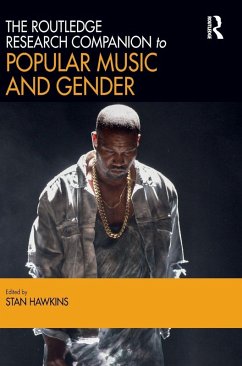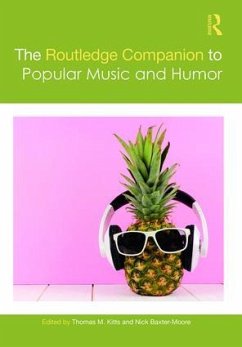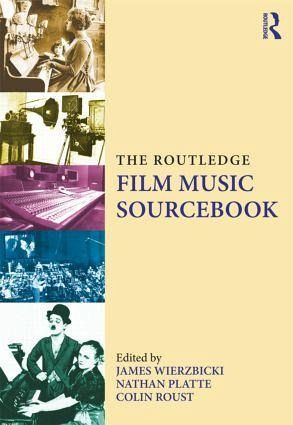
The Routledge Film Music Sourcebook
Versandkostenfrei!
Versandfertig in 6-10 Tagen
54,99 €
inkl. MwSt.

PAYBACK Punkte
27 °P sammeln!
The Routledge Film Music Source Book is an annotated, thematically organized collection of approximately eighty source readings pertaining to film music dating from its beginnings to the present, from the US and other select countries around the globe. The documents represent a wide variety of music-related issues that were heatedly debated during cinema's early decades and which by and large remain of concern today.Each document is prefaced by a brief introduction that gives details on both the author and the particular issue at hand. Also, each group of documents is prefaced by a longer intr...
The Routledge Film Music Source Book is an annotated, thematically organized collection of approximately eighty source readings pertaining to film music dating from its beginnings to the present, from the US and other select countries around the globe. The documents represent a wide variety of music-related issues that were heatedly debated during cinema's early decades and which by and large remain of concern today.
Each document is prefaced by a brief introduction that gives details on both the author and the particular issue at hand. Also, each group of documents is prefaced by a longer introduction that puts into historical context the collective information and opinions that follow. The organizational scheme is at the same time chronological and thematic in a pattern that alternates between aestehetic and practical considerations.
Each document is prefaced by a brief introduction that gives details on both the author and the particular issue at hand. Also, each group of documents is prefaced by a longer introduction that puts into historical context the collective information and opinions that follow. The organizational scheme is at the same time chronological and thematic in a pattern that alternates between aestehetic and practical considerations.





